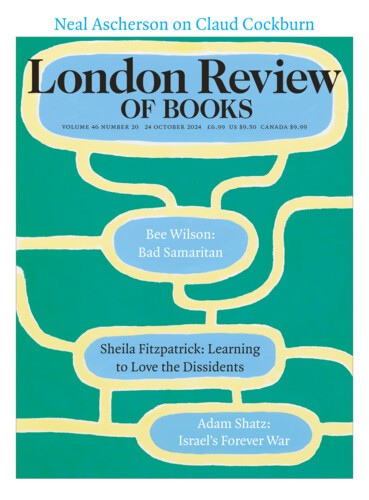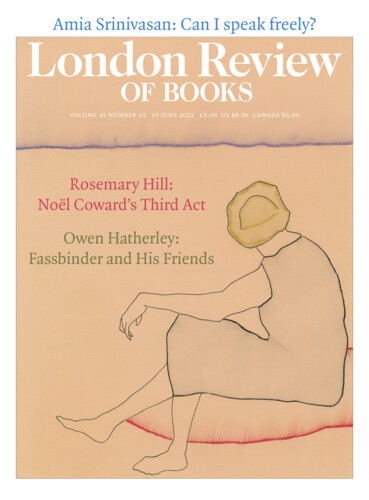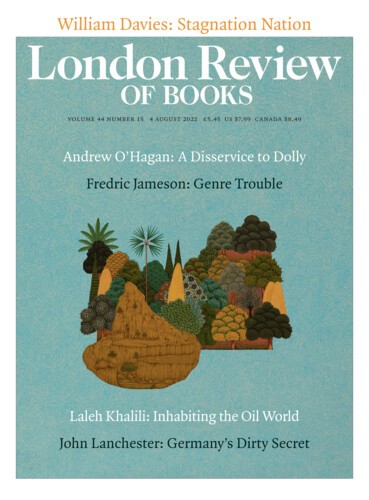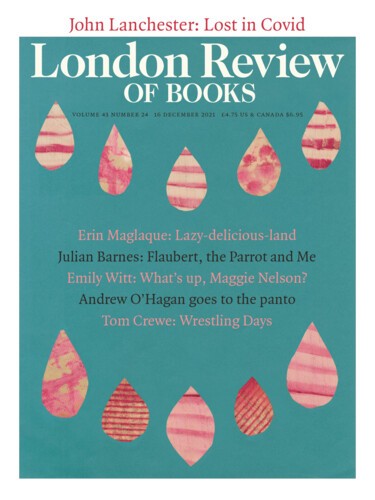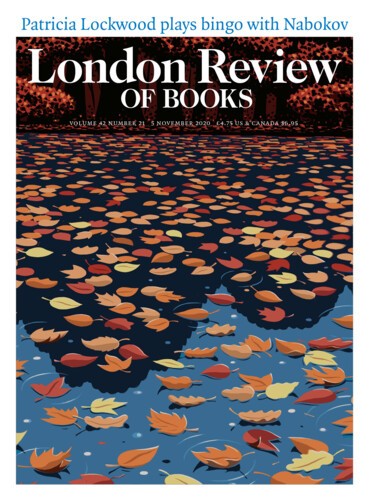Prophetic Stomach: Aby Warburg’s Afterlives
Tom Stammers, 24 October 2024
In 1926, Aby Warburg taught a seminar at Hamburg University on the historian Jacob Burckhardt, the ‘exemplary pathfinder’ whose investigation of the Italian Renaissance anticipated Warburg’s own. Burckhardt was, he argued, ‘a necromancer in full consciousness’, who conjured up sinister shadows but ultimately eluded them. Invoking a character from Faust Part II,...
